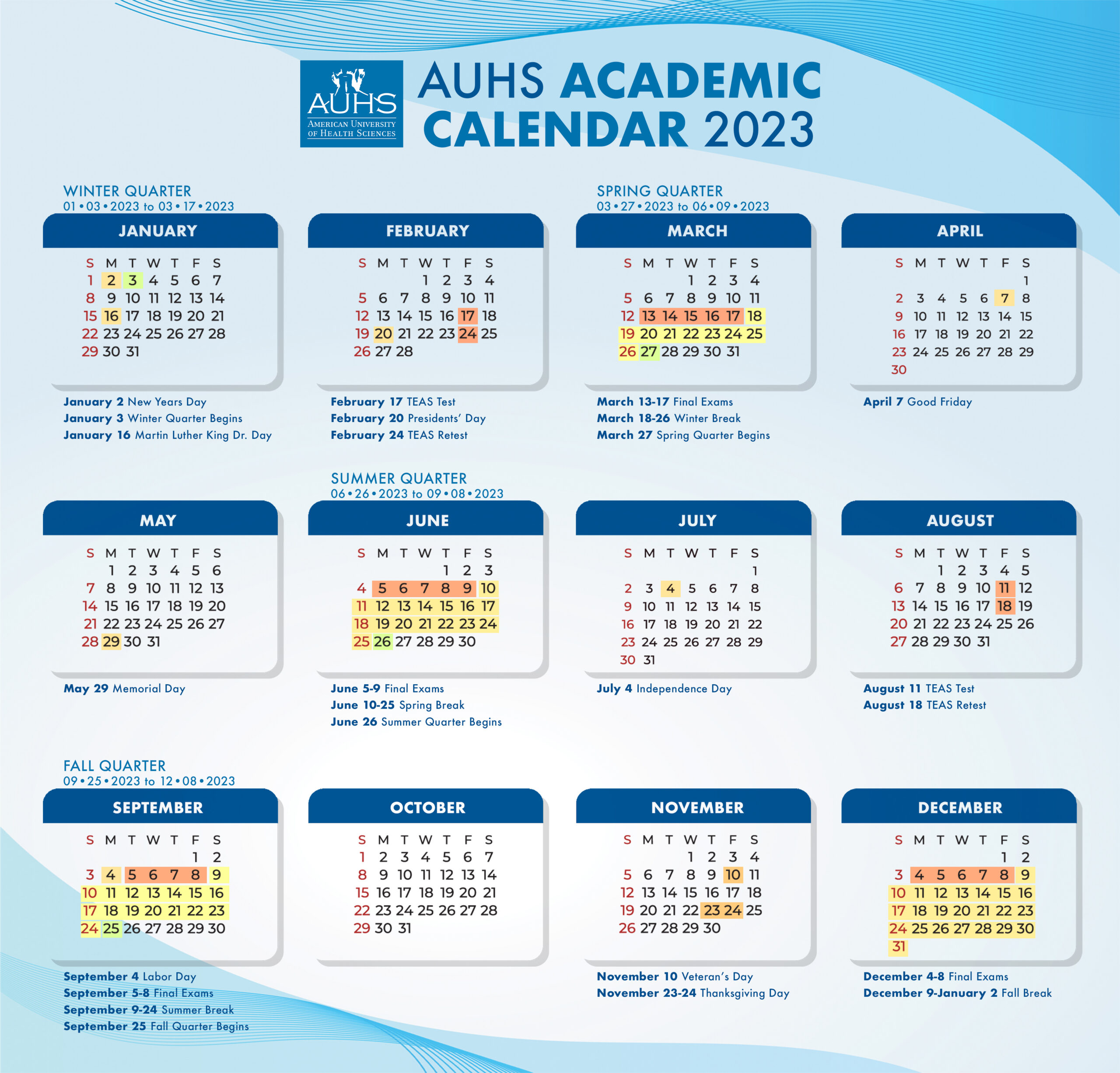
What You Need To Know About USC Academic Calendar
Introducing the USC Academic Calendar
The University of Southern California (USC) academic calendar serves as a comprehensive guide for students, faculty, and staff throughout the academic year. It outlines important dates and deadlines, including the start and end of semesters, holidays, and registration periods. Understanding the academic calendar is crucial for planning your academic journey and ensuring you meet all necessary requirements.
Semester Dates
- Fall Semester: Late August to mid-December
- Spring Semester: Mid-January to early May
- Summer Sessions: Varying dates in May, June, and July
Holidays and Breaks
- Labor Day: First Monday in September
- Thanksgiving Break: Wednesday before Thanksgiving to Sunday after Thanksgiving
- Winter Break: Mid-December to early January
- Spring Break: One week in March
- Memorial Day: Last Monday in May
- Independence Day: July 4th
Registration Periods
- Fall Semester: April to June
- Spring Semester: October to November
- Summer Sessions: March to April
Planning Your Academic Journey
The USC academic calendar provides a framework for planning your academic schedule and aligning it with your personal and professional commitments. Here are some tips for making the most of the calendar:
Consider Your Course Load
Each semester, students are typically enrolled in 12-18 units of coursework. Consider your academic abilities, workload, and other commitments when selecting your courses. The academic calendar will help you determine the availability of courses and plan a schedule that accommodates your needs.
Note Important Deadlines
The academic calendar highlights key deadlines, such as registration dates, add/drop deadlines, and final exam schedules. Mark these dates in your planner and set reminders to ensure you meet all deadlines.
Plan for Breaks and Holidays
The academic calendar includes scheduled breaks and holidays throughout the year. Use these breaks to rest, catch up on studies, or travel. Plan your schedule around these breaks to optimize your academic performance and well-being.
Resources for Students
USC provides various resources to assist students in navigating the academic calendar and succeeding in their studies:
Academic Advising
Academic advisors help students plan their academic journey, select courses, and stay on track with their degree requirements. They can provide guidance on the academic calendar and help students make informed decisions.
Registrar’s Office
The Registrar’s Office manages student records, processes registration, and provides information on academic policies and procedures. Students can access their transcripts, check their registration status, and view the academic calendar through the Registrar’s Office website.
MyUSC Portal
The MyUSC portal is a personalized online platform for students to access academic information, register for classes, pay tuition, and connect with university resources. Students can add the academic calendar to their MyUSC dashboard for quick reference.
Conclusion
The USC academic calendar is an invaluable tool for students, faculty, and staff. By understanding the calendar and planning your academic journey accordingly, you can optimize your time, meet important deadlines, and achieve academic success. Remember to utilize the resources available to you and seek support from academic advisors when needed. Embrace the academic calendar as your guide to navigating your USC experience.
Leave a Reply